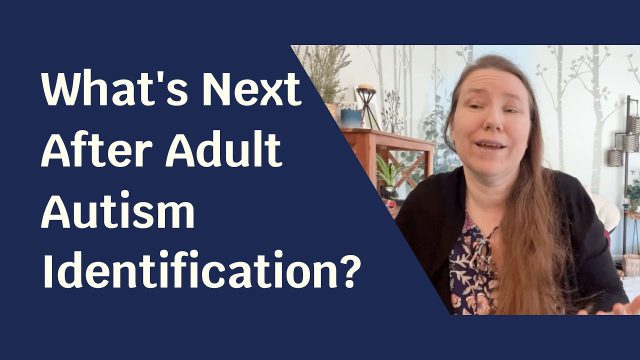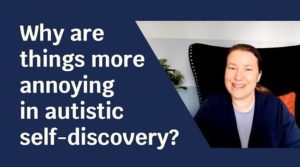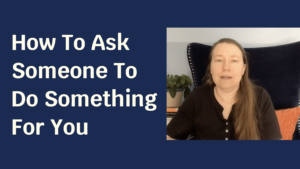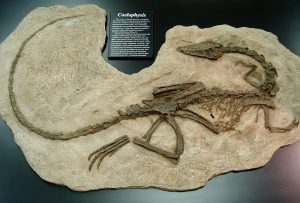
What now?
It’s okay if a lot of your life at the moment is in a working theory standpoint. That’s a part of the process that we all go through after we figure out in our 20s, 30s, 40s, 50s, 60s, or more, that, oh, by the way, I’m autistic.
And I didn’t know that. And so all of these things happened in ways that I didn’t understand. And so there’s this whole history of cultural gaslighting, and little T traumas from just not fitting in and from people expecting things of you that you couldn’t give or you didn’t understand what was going on, or why it mattered to them, so you responded in different ways than they had expected and then they were like, “What the hell is wrong with you?” “You’re such an idiot.” Or whatever they did. And you don’t know what’s going on either, and you were confused, and hurting.
And now you finally know what was going on. Is going on. That you process information differently, and have different natural reactions to social situations, and have a different sensory experience of the world around you. And none of these things are inherently, bad, but the world often treats them as if they were.
So you go through this time of adjusting your brain to this new reality and processing the things that of happened with this new lens, and deconstructing the thought processes that have been holding you back, and looking for different ways forward.
This is a liminal period. A time of transition where your identity is being deconstructed and reformed. You’re no longer the one thing, but not yet the new thing either. And that’s always uncomfortable, because it’s unstable and unfamiliar and you don’t know what to expect, and your mind is simultaneously processing daily life in both the old way and the new way at once, with flashes of either getting the upper hand at different moments, and that can feel confusing and disjointed. But this time can also be exciting and intriguing and hopeful all sorts of things.
It’s exactly this transition that gives you the freedom to heal and explore and not have to be any one thing. Not having the answers, or a plan, or setting goals, goes against a lot of our modern, capitalist narratives, but it’s deeply ingrained in traditional cultures from around the world.
This liminal time may last longer than you want it to, but it won’t last forever. For me, it was about three years.
I don’t know how representative that is, but I do know two things. One, it’s going to be more than a few weeks or months, if you’re actually letting yourself grapple with the hard things that come up.
And two, if you are grappling with those hard things, it will naturally turn into a more stable experience of a freer, happier you at some point.
I encourage you to hold on, to work through it until that happens. And it’s not just like a switch that happens at one moment. It’s a slowly growing up to that.
I wish you well on your Journey. Take care and have a neurowonderful day.




